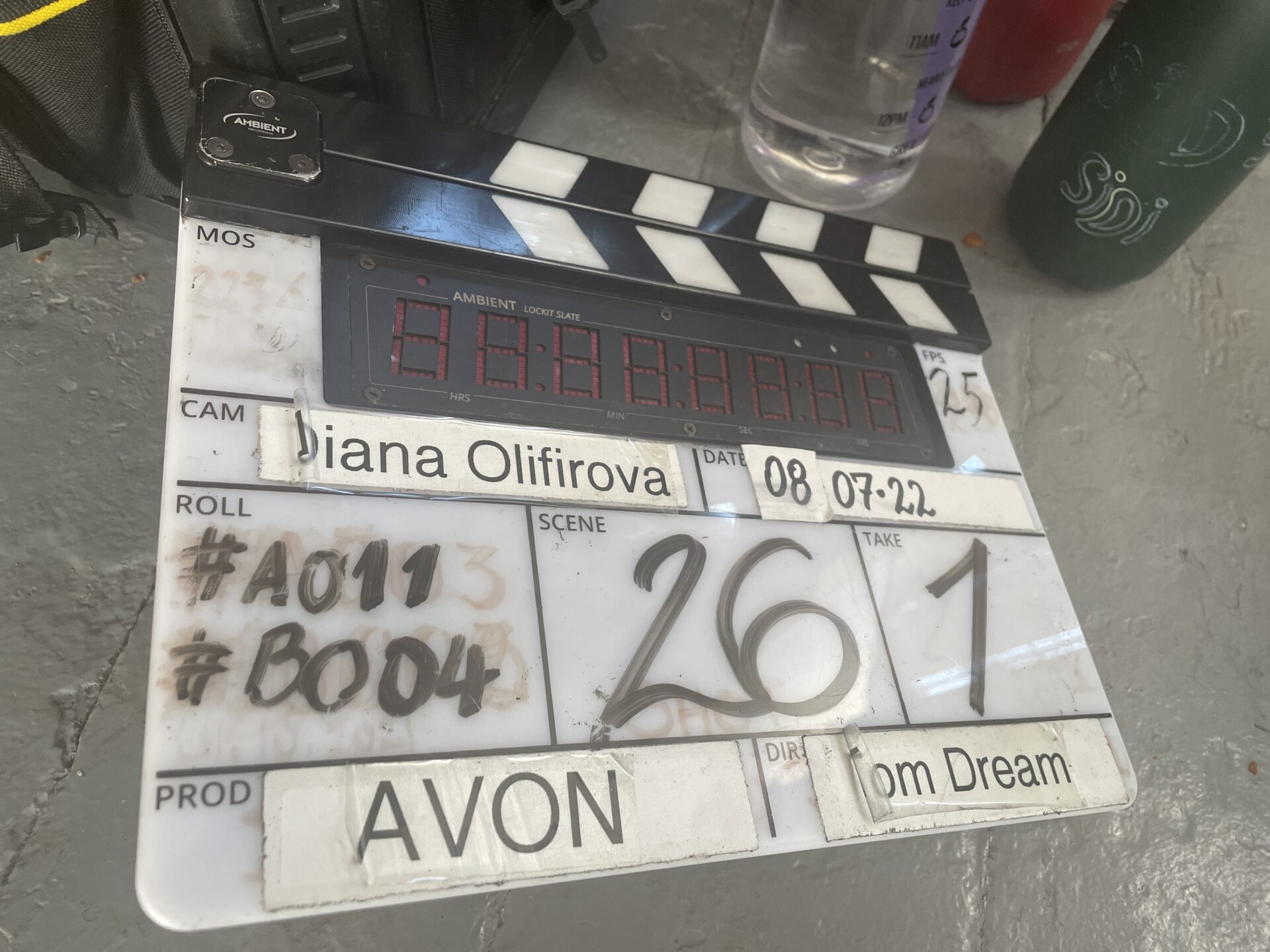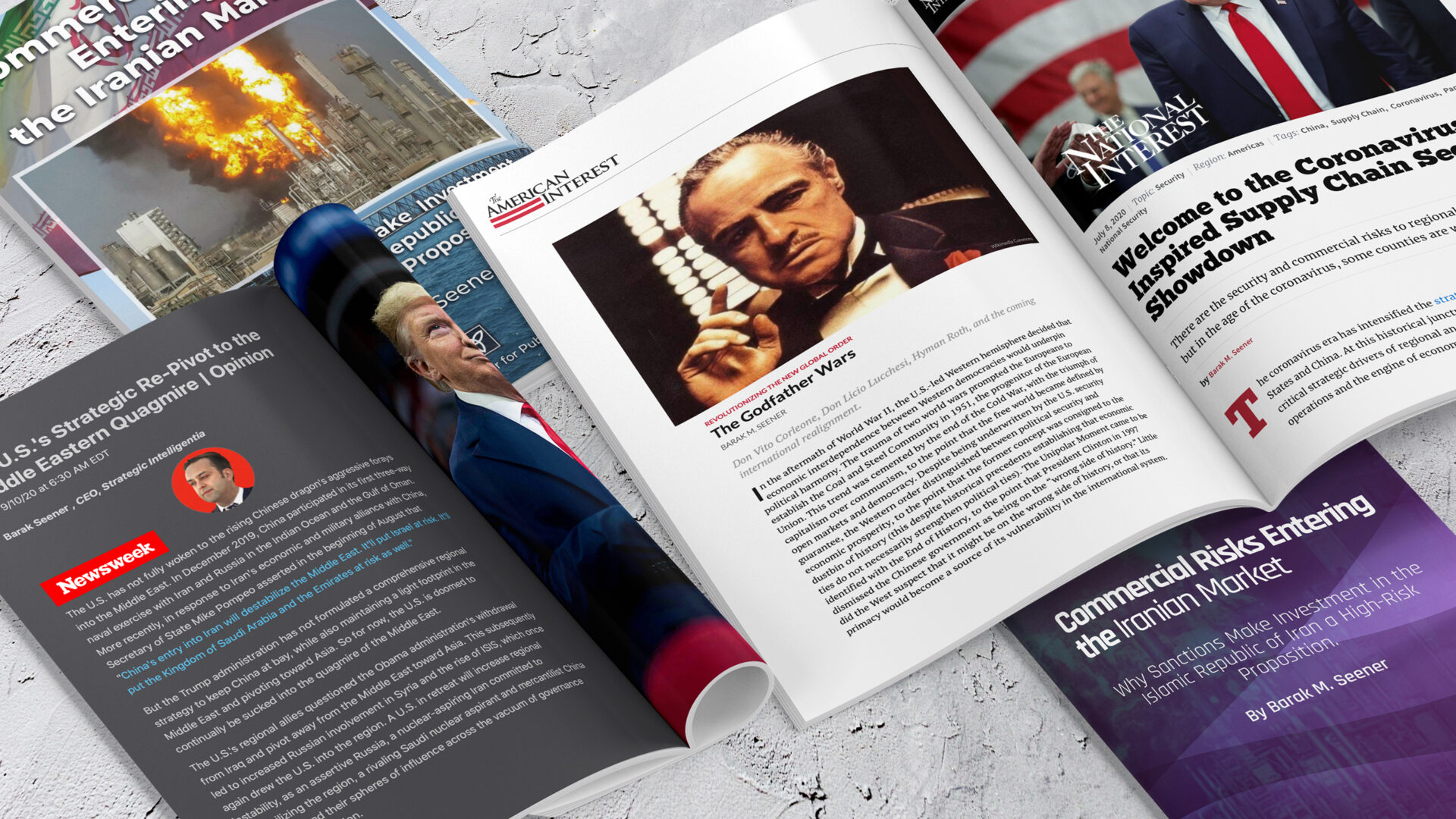Barak M. Seener was a Middle East Research Fellow at the Royal United Services Institute (RUSI) between 2010 and 2015, and debriefed numerous international defence and foreign ministries along with businesses on strategic and political risk. Barak has lectured at NATO’s Parliamentary Assembly and led numerous strategic workshops at NATO. He has since joined the EVOKE team as a Senior Strategist and Campaign Director.
He has, in parallel, directed strategy and business development at the political risk company, Wikistrat and cyber-security company, RBPKR cultivating relations and with international governments, large banks, energy, defence and cyber-security companies. Barak managed negotiations with these entities that led to the significant sales of risk products and cyber security technologies
Prior to joining RUSI, Barak was one of the Henry Jackson Society’s founders in Westminster and was the Henry Jackson Society’s Greater Middle East Section Director. Barak holds a Masters from Birkbeck College, University of London in International Security and Global Governance and a BA in History and Politics from Queen Mary, University of London.
He has provided analysis and expert commentary for a range of international broadcasters including Al-Jazeera, BBC, BBC World, CNN, Fox News, Sky News, Voice of America, Chinese CCTV, Russia Today, and news outlets such as Bloomberg, Reuters, Associated Press, the Evening Standard, Jerusalem Post and Xinhua.
Additionally, he has organized conferences, and published on transatlantic relations, US foreign policy, counter-terrorism, universal jurisdiction, nuclear proliferation and Middle East issues including the Arab Spring, the Palestinian-Israeli conflict, Iranian-GCC States dynamics, Iran’s nuclear program, and the Muslim Brotherhood.
Barak has published extensively for the Hudson Institute, Jane’s Intelligence Review, Jane’s Islamic Affairs Analyst, Defense News, The National Interest, Middle East Quarterly, Muslim World Today, Jerusalem Post, Jerusalem Center for Public Affairs, and InFocus. Barak has also reported for the Washington Institute for Near East Policy’s PolicyWatches and PeaceWatches.
Publications he has edited include: Al Qaeda’s Armies: Middle East Affiliate Groups and the Next Generation of Terror, by Jonathan Schanzer; Foreign Affinity Terrorism in the Twenty-First Century: How to combat the International Terrorist Network in the United States by Raymond Tanter (In Press); A policy focus by Maj. General (Res) D. Almog (April, 2004), The West Bank Fence: A Vital Component in Israel’s Strategy of Defense, including a military critique; and A Defensible Fence: Fighting Terror and Enabling a Two State Solution, Washington Institute for Near East Policy, D. Makovsky (April, 2004). He also contributed a chapter to the American Foreign Policy Council’s World Almanac of Islamism.







